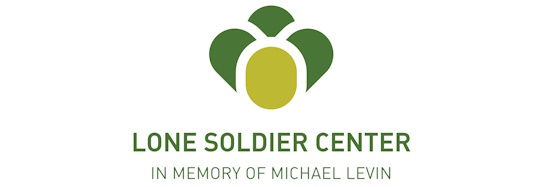Making Aliyah
Thinking about Aliyah? Here is the simple process of becoming an Israeli Citizen.
Joining Mahal
Mahal is a 18 month volunteer program in the IDF. You do not have to be an Israeli Citizen, but will still be a full IDF soldier. For more information and to register for Mahal go to www.mahal-idf-volunteers.org
Joining a Combat Unit
This is the most common path for lone soldiers serving as Lochemim (combat soldiers). Below are the basic steps you will take to choose a unit and go through the unit training.
*If you have made Aliyah, you will not be required to serve in your first year in Israel. You may request to have your draft moved up by sending a letter to the IDF. The lone soldier center can help you in this process. You will then receive your Tzav Rishon (first draft notice) in the mail.
Joining the Special Forces
Select recruits in right physical and mental condition can try out to be soldiers in the most elite units of the IDF. This is a huge privilege and takes hard work, but it is possible for lone soldiers to reach these units. If you want to be considered for one of these units you must state such at your Tzav Rishon.
There are two ways to get into a Sayarot. The first way is to get invited to Yom HaSayarot, a day of intense physical and mental tests. If you pass this you will move on to other gibbushim (tryouts). The second way is to first start training in a combat unit and after a few days/weeks they will hold a gibbush for select special units.
Becoming an Commander/Officer
If you are wanting to become a commander and/or officer here are the steps you will take. Being an IDF commander is a great privilege and if you are willing/wanting to serve more time you may also be selected to go through these special trainings.
*It is very important to let your commanders know early that you are interested in going to commander’s course and/or officers course.

